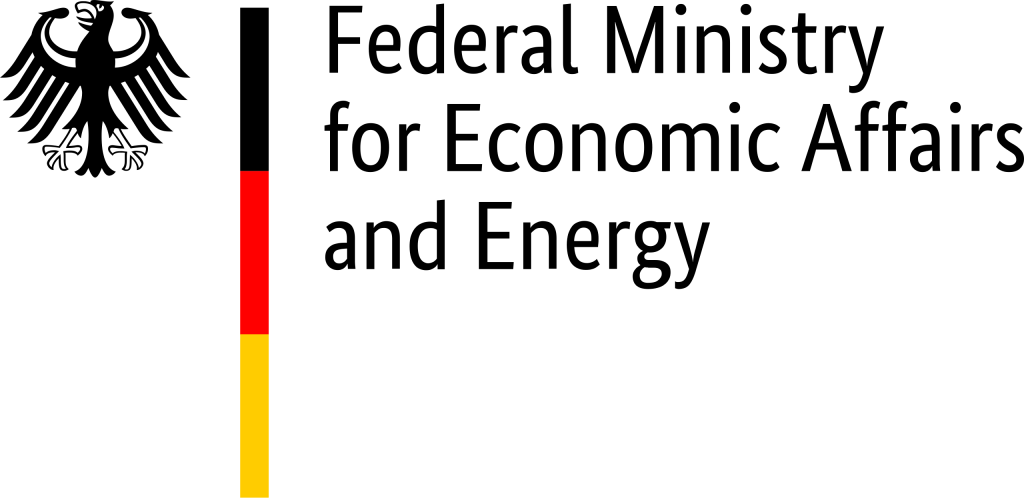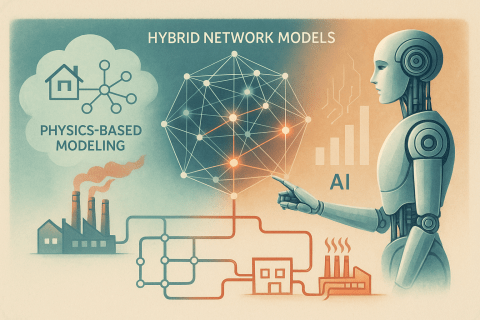FAU Pattern Recognition Lab Secures BMWE Funding for Groundbreaking Research on Hybrid Network Models for District Heating
The Pattern Recognition Lab (Lehrstuhl für Informatik 5, Mustererkennung) at Friedrich-Alexander-Universität Erlangen-Nürnberg (FAU) is proud to announce that its proposal “Hyb_Mod_Netz – Hybride Netzmodelle als Basis für den optimalen Betrieb von Fernwärmenetzen” has been selected for funding by the Federal Ministry for Economic Affairs and Energy (BMWE) under the 8th Energy Research Programme of the Federal Government.
The FAU project, which is part of a national consortium coordinated by the Pattern Recognition Lab, will run from September 2025 to August 2028. It has a total budget of €296,808.83, which is fully funded by the BMWE (funding code 03EN3121A).
The project’s research aims to develop hybrid network models that combine classical physical modeling with modern artificial intelligence methods. These models will enable the optimal, energy-efficient operation of district heating networks. The project will integrate data-driven and physics-based modeling to achieve more accurate, adaptable, and computationally efficient simulations. This will pave the way for intelligent control systems that can significantly reduce CO₂ emissions in urban heat supply systems.
A central figure in the success of this funding acquisition is Dr.-Ing. Siming Bayer, who was instrumental in conceptualizing and coordinating the proposal. Dr. Bayer’s expertise in hybrid AI, known-operator learning, and digital twin technologies was key to shaping the scientific vision of the project. Her leadership in assembling the consortium and structuring the research plan ensured the proposal’s success in a highly competitive selection process.
FAU collaborates in this project with the Institute for Automation Technology at the University of Bremen, DEW21 – Dortmunder Energie- und Wasserversorgung GmbH, and Danfoss GmbH. Together, the partners will explore how hybrid AI models can make district heating systems smarter, more adaptive, and more sustainable.
Professor Andreas Maier, head of the Pattern Recognition Lab, emphasizes:
“This project brings together our long-standing expertise in hybrid AI and digital twin technologies with urgent questions of energy transition. The work of Dr. Bayer and our partners will contribute directly to the Wärmewende 2045 mission by developing intelligent tools for efficient and climate-friendly heat supply.”

